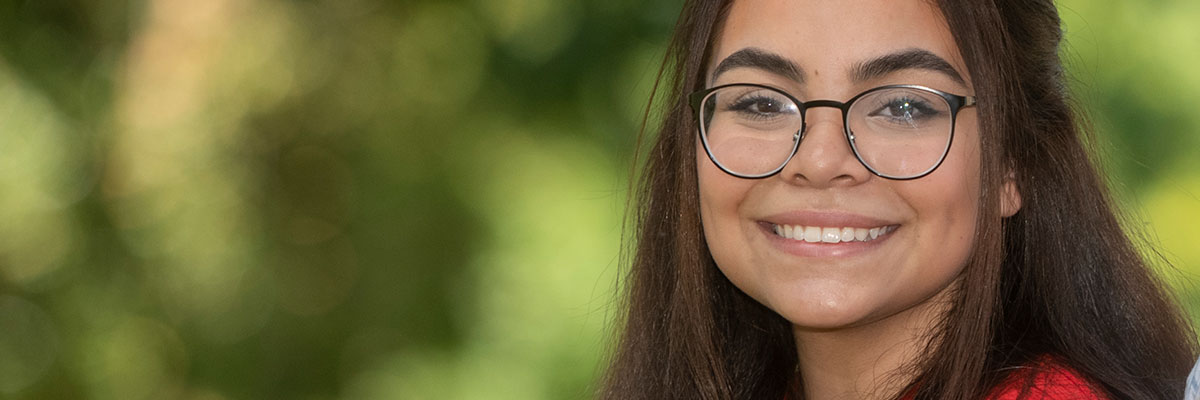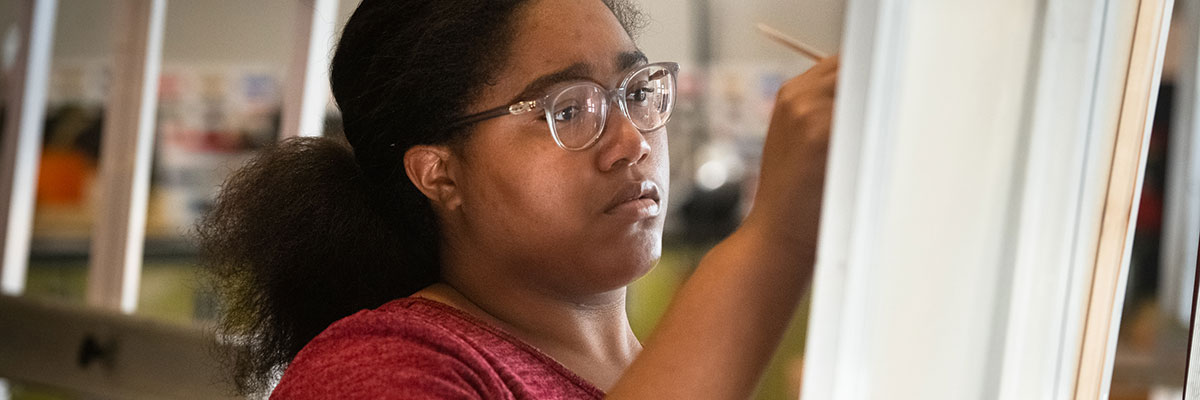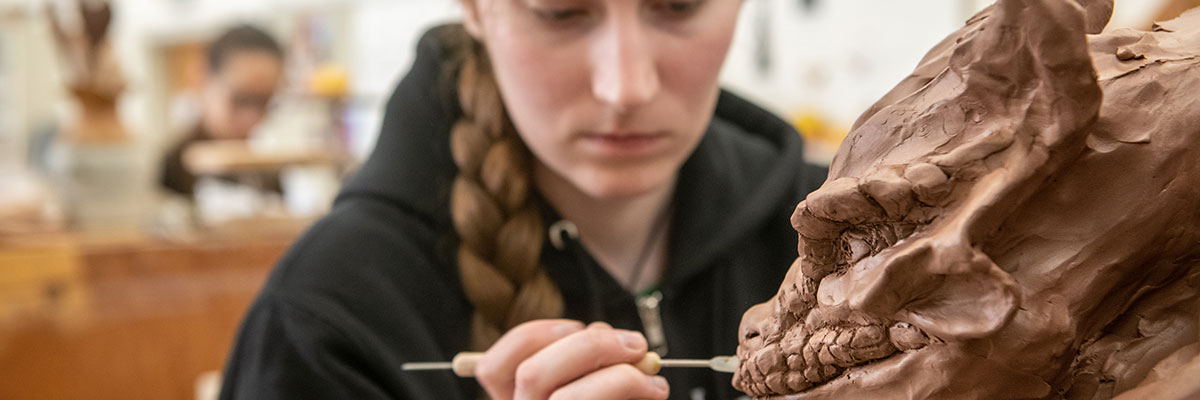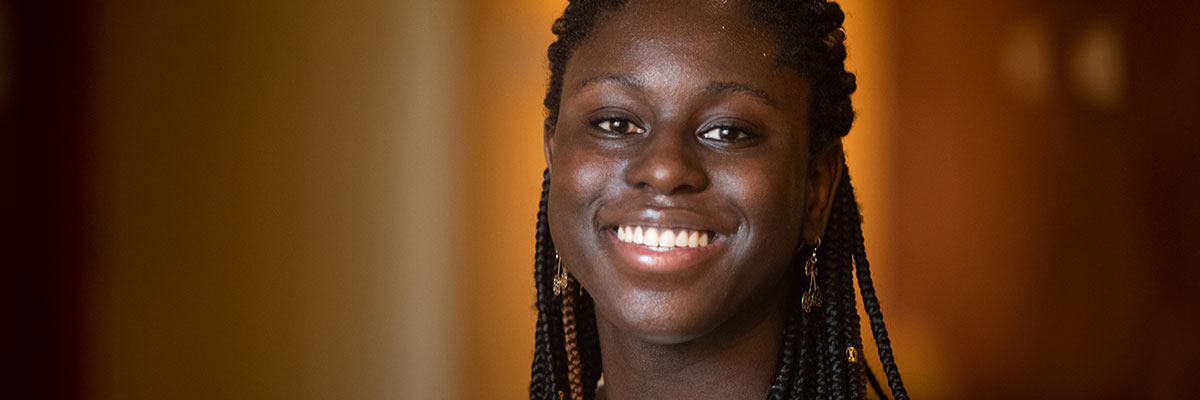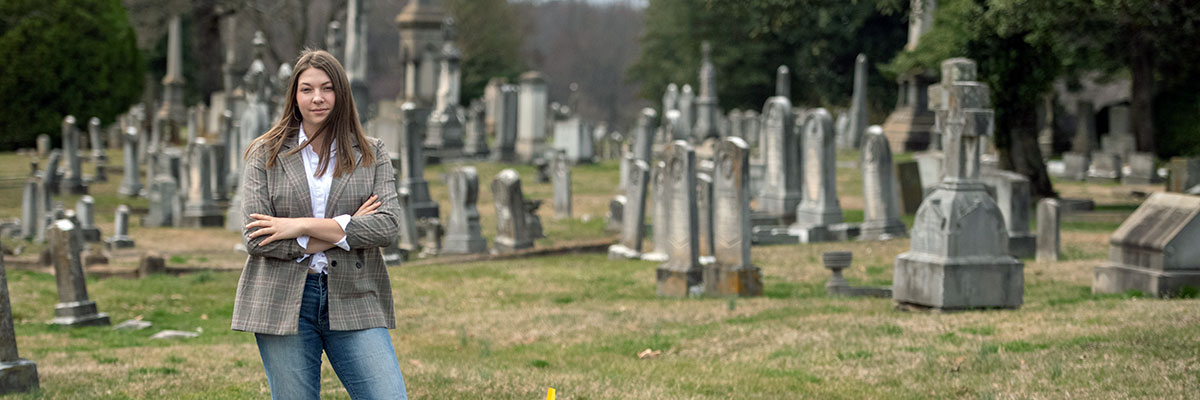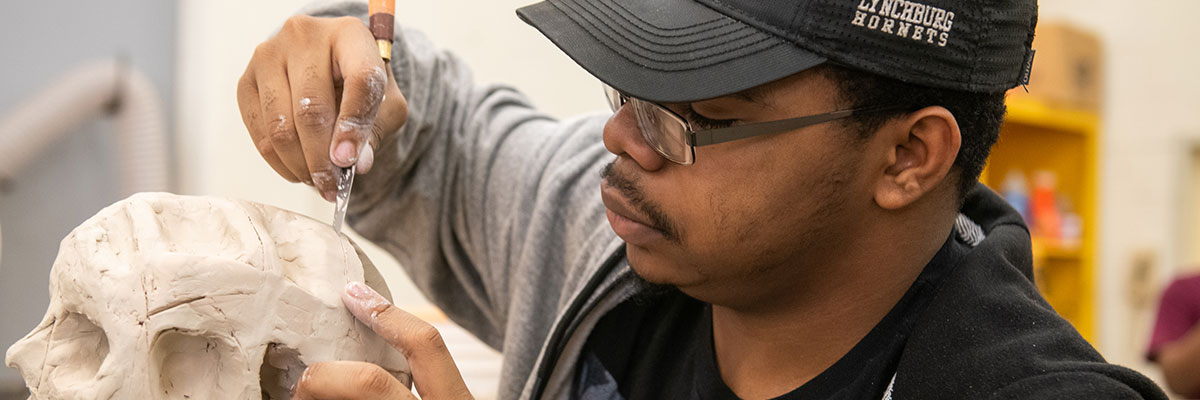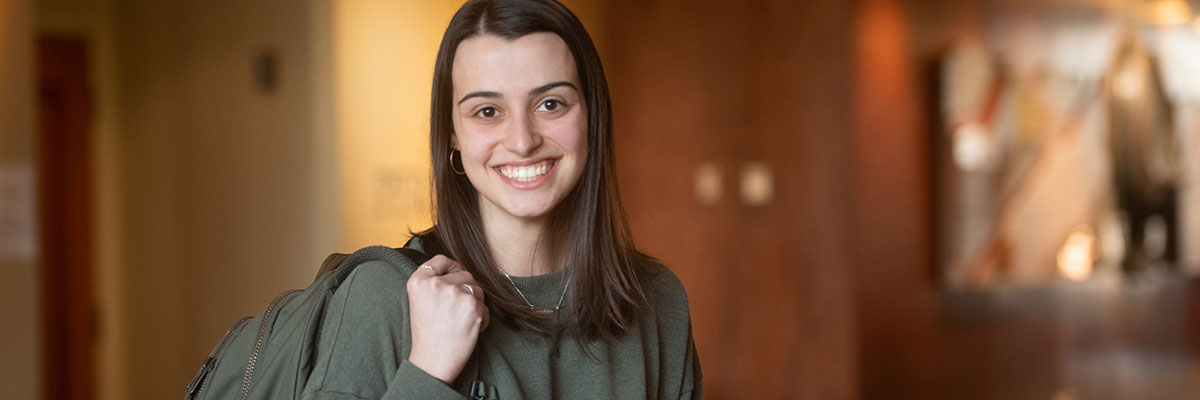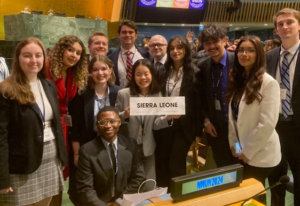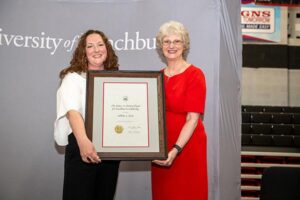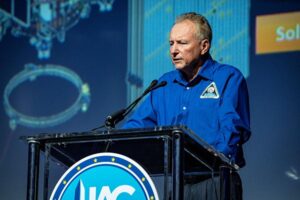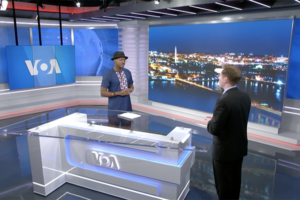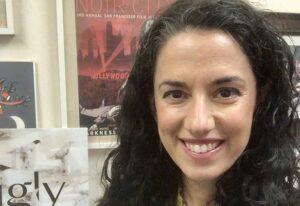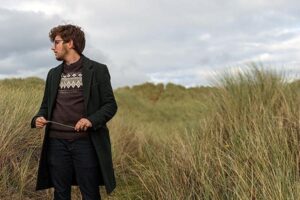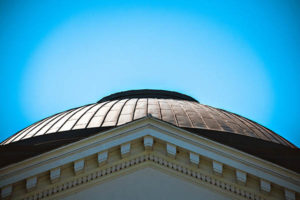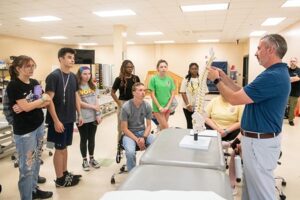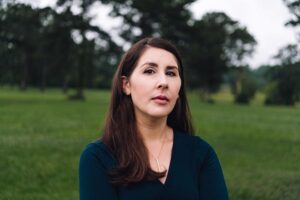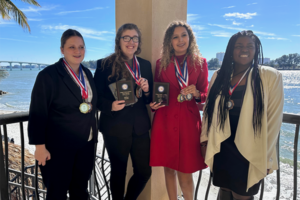The Lynchburg College of Arts and Sciences is at the heart of the liberal arts mission at the University of Lynchburg, as well as the foundation of undergraduate study. It inspires creativity, curiosity, and innovation in our students, while providing a broad understanding of cultures, context, and the social construction of knowledge. Our students are enriched by a curriculum that is grounded in critical thinking, scientific inquiry, data analysis, and aesthetic enlightenment.
The College of Arts and Sciences prepares students for their professional lives while also providing them with a conceptual framework for a life well lived, one that allows for self-realization and a commitment to social responsibility.
As the bedrock of the General Education Program, the College of Arts and Sciences offers a curriculum that is aimed at developing the students’ knowledge of the socio-historical and linguistic bases of culture, as well as offering an invitation to cultivate the aesthetic and ethical values that contribute to the richness of one’s life.
Moreover, the curriculum offers specialized knowledge and training in the upper divisions that prepare students for graduate work and or professional life.
Schools
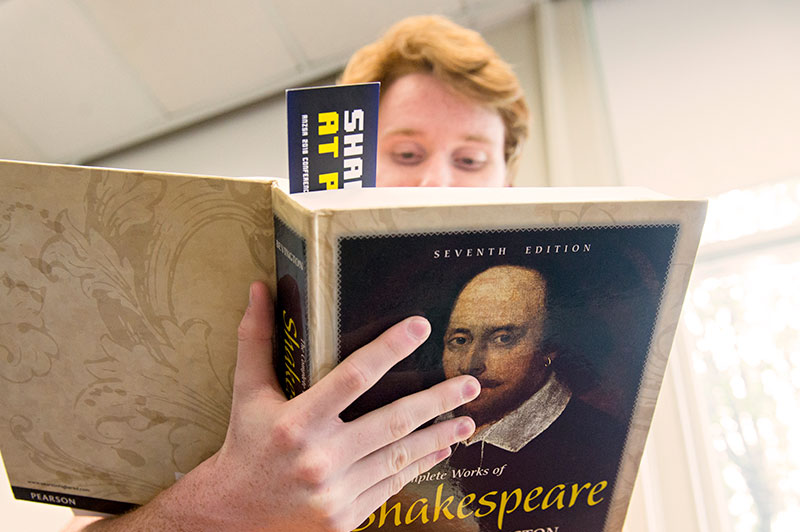
School of Humanities and Social Sciences
Study the world’s great thinkers, religions, cultures, and languages; explore what it means to be human. Gain a better understanding of yourself and society, and get equipped to solve complex programs in the workplace and world.
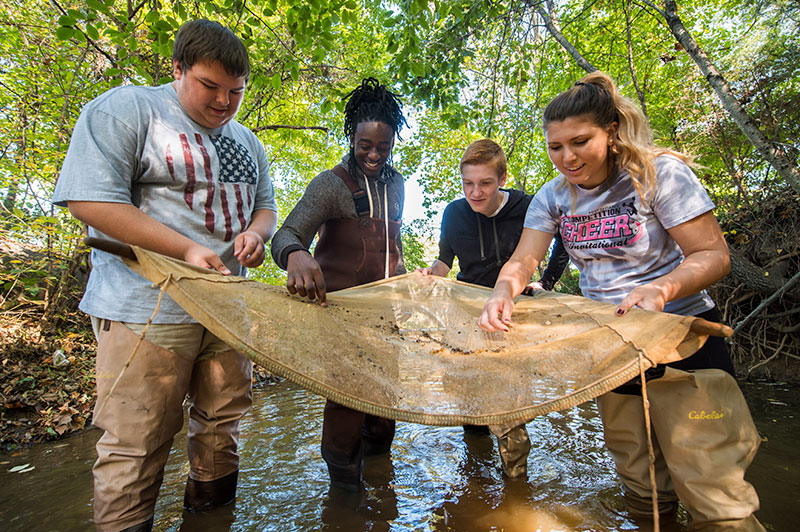
School of Sciences
Love data, performing experiments, or writing code? You’ll get a great foundation for graduate study or entry into the workforce.
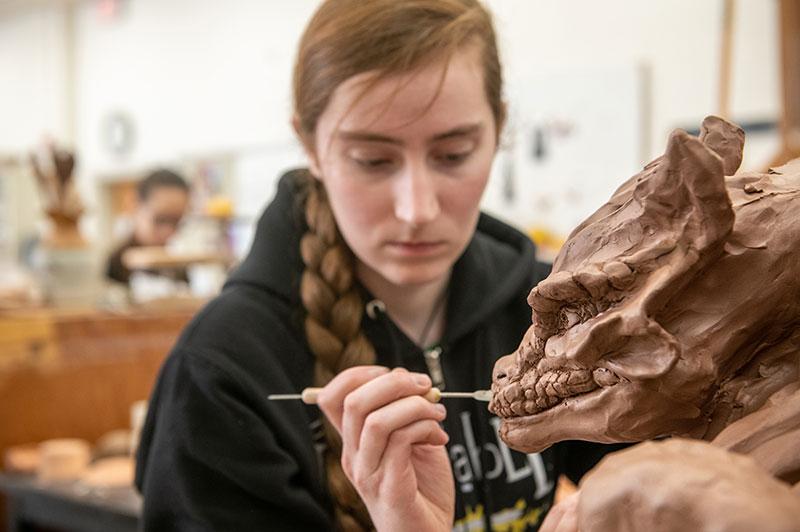
School of Visual and Performing Arts
Act on stage, sing your song, create a work of art, play an instrument in one of our ensembles.
Student, Alumni, and Faculty Spotlights
